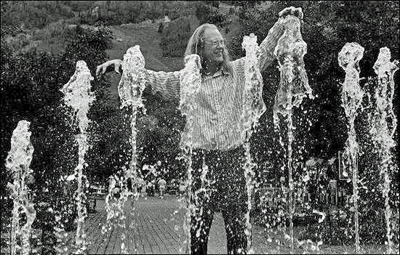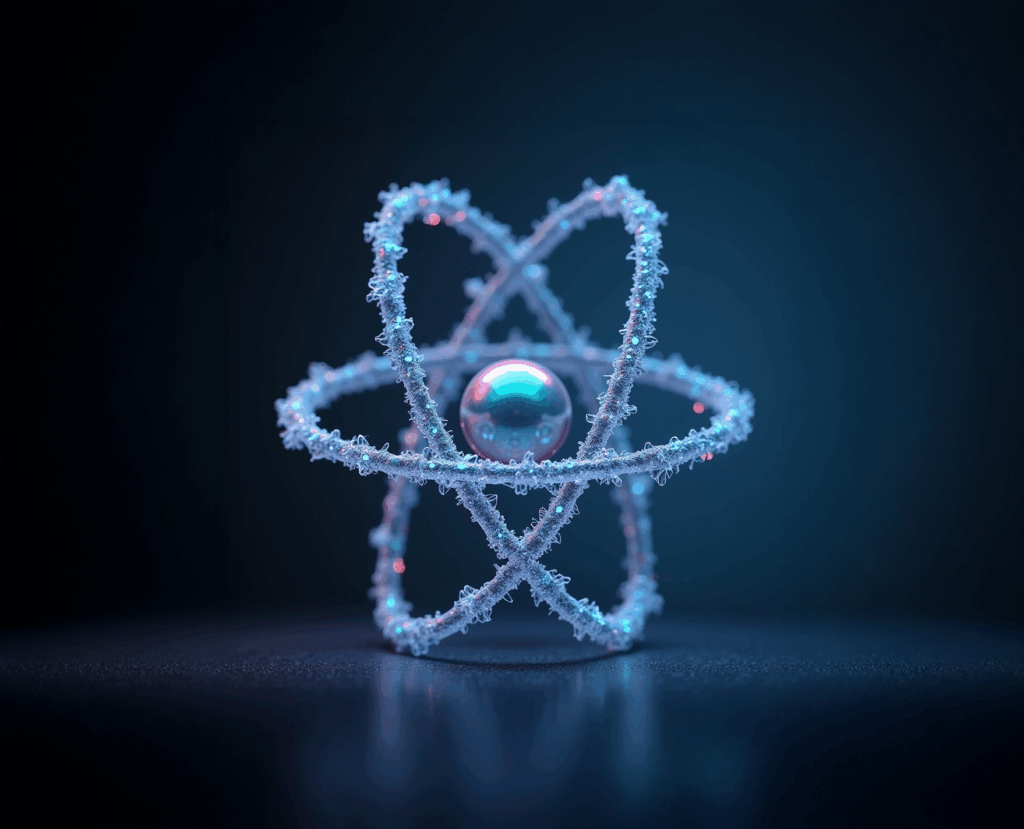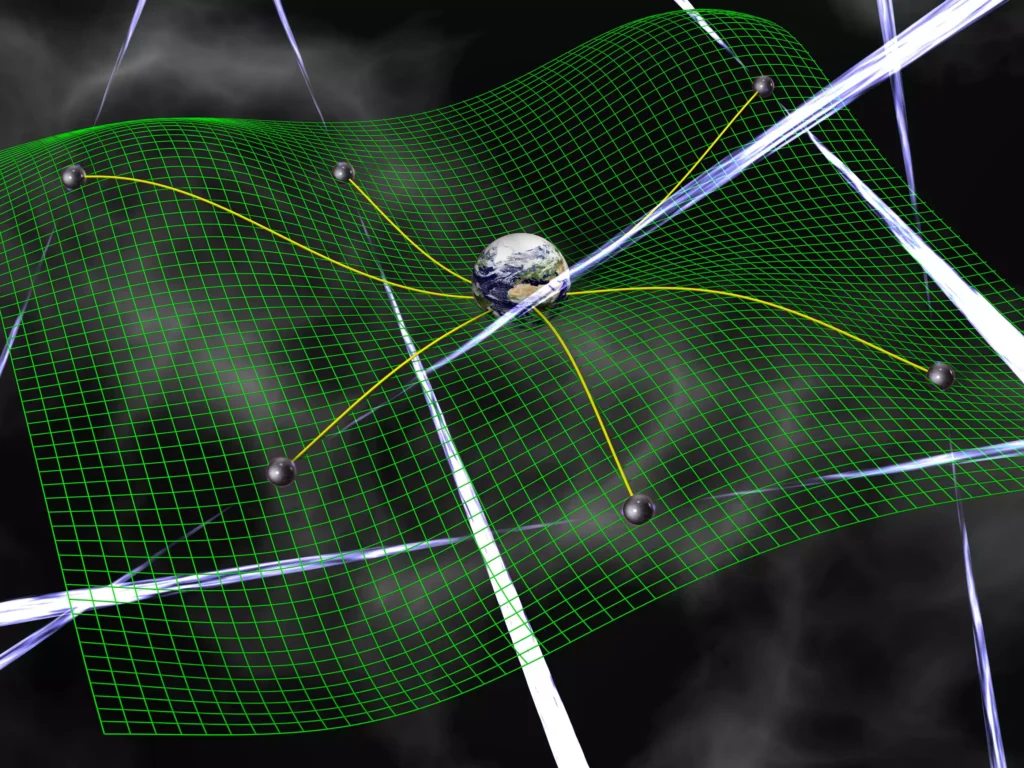

Public Lecture
A Physicist’s View of Wiggling Worms and Fighting Fish
Joshua W. Shaevitz
Wed, Jan 11, 5:30–6:30pm
When we think of experimental physics, we often think of the most controlled experiments and precise machines, sometimes as big as a city, probing the largest and smallest measurable quantities. Experiments such as the LHC, LIGO, and the James Webb Space Telescope help us understand how fundamental forces in the universe affect everything from subatomic particles to clusters of galaxies. But what if a physicist wanted to understand something much more approachable in size but seemingly messier, and even alive, such as the behavior of an animal? How accurately can we measure what an animal does and what would those measurements teach us about an animal’s interactions with its environment, the ability of the brain to produce and control behaviors, and interactions between individuals? I will discuss efforts over the last decade to measure what animals do and how these experiments have begun to change our view of behavior and neuroscience. Moving past written descriptions of animal behavior of the greats such as Charles Darwin and Jane Goodall, we use modern techniques in machine learning and statistical physics to turn quantitative measurements of animal movements into a physics-based understanding of behavioral dynamics. I will touch on mind-reading in the nematode worm, optical behavioral control in the fruit fly, and fighting in zebrafish. Much of this modern renaissance in the Physics of Behavior was started ten years ago at a summer workshop at the Aspen Center for Physics.

About Joshua W. Shaevitz
Joshua Shaevitz is a Professor of Physics at Princeton University. His research covers precision experimental measurements of living systems, from molecules to whole animals and every scale in between.
His group has made pioneering discoveries relating to how cells can grow into the correct shape, how millions of bacteria move collectively to form dynamic patterns during growth and infection, and how animals control their bodies to produce stereotyped behaviors.
Shaevitz’s work has been recognized through numerous awards, including the Sloan Fellowship, Pew Scholarship, and Presidential Early Career Award for Scientists and Engineers, and he is a fellow of the American Physical Society. He is a General Member of the Aspen Center for Physics and enjoys coming to Colorado in summer and winter for the magical scenery and amazing scientific interactions.
Nick and Maggie DeWolf Public Lecture Series
The Nick and Maggie DeWolf Foundation has sponsored our winter public lecture series since their inception in 1985. The Nick and Maggie DeWolf Foundation is a nonprofit organization based in Aspen, Colorado. Its core tenet is to provide support to groups and organizations interested in improving the quality of life and education in the world. During the winter, Aspen Center for Physics hosts week-long conferences, and during each conference one of the conference participants is asked to give a public physics talk. You can watch past talks on our YouTube channel here.



